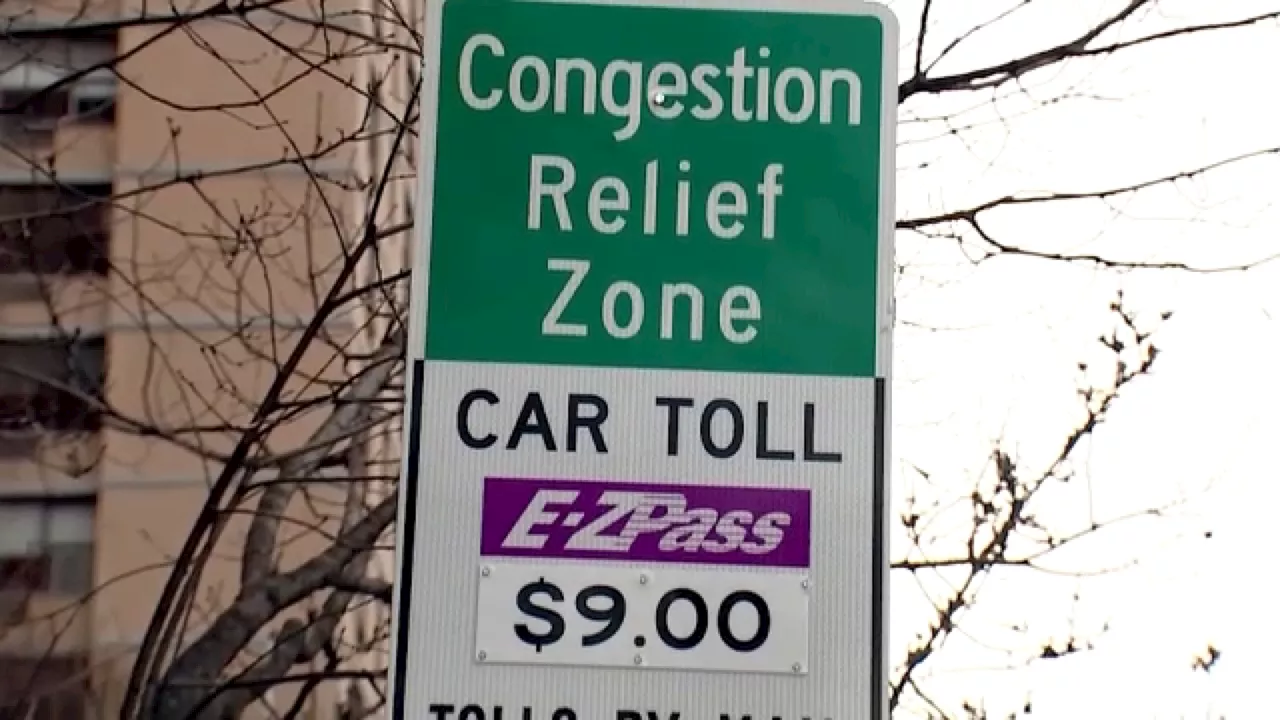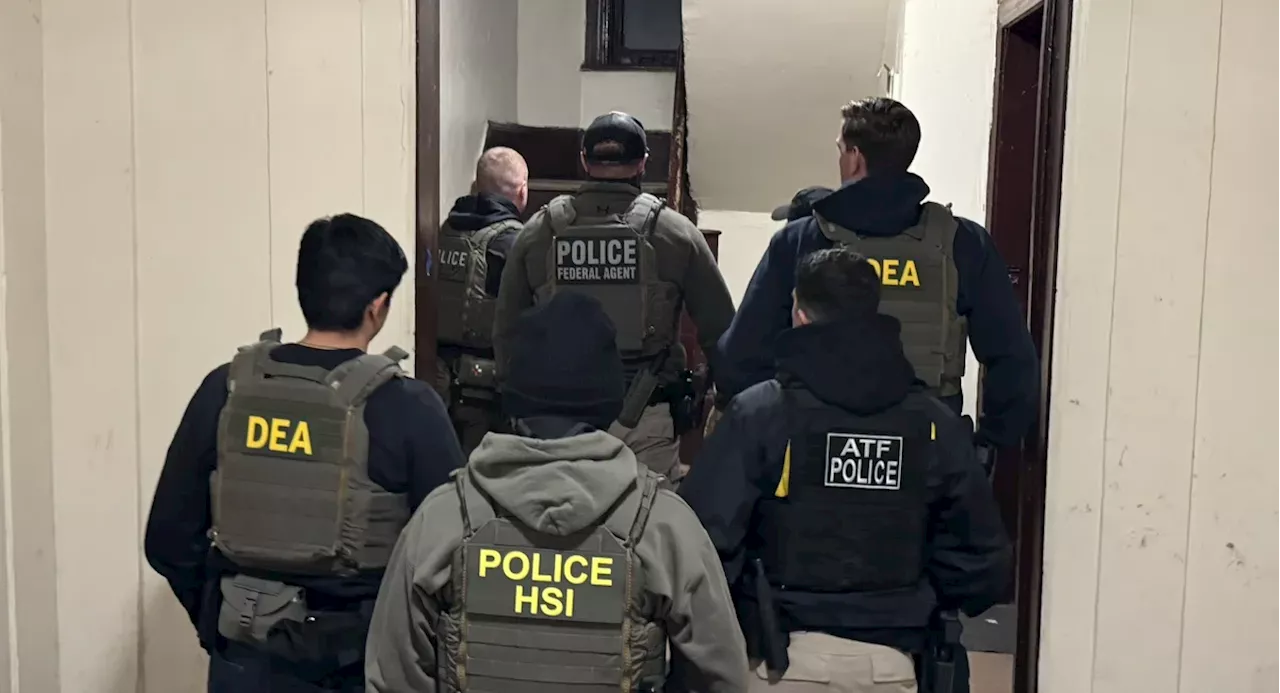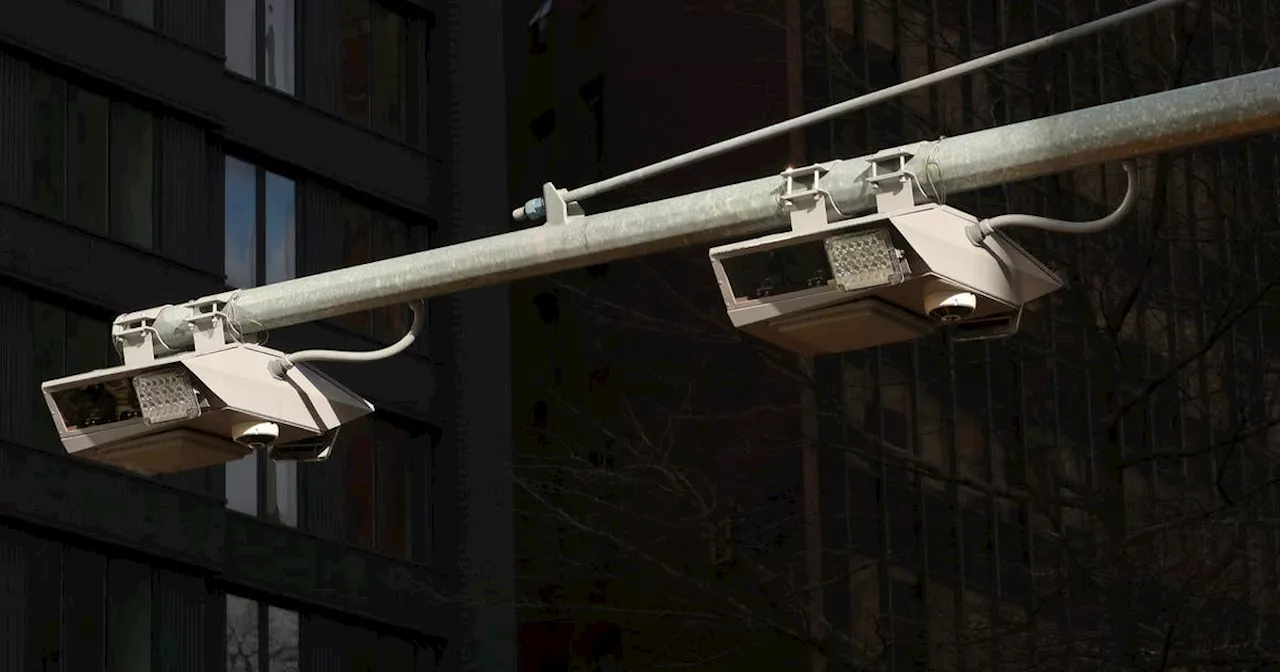The New York City deputy chancellor for early childhood education outlines the administration's efforts to expand access, affordability, and financial sustainability in early childhood education.
As New York City’s deputy chancellor for early childhood education — and a lifelong New Yorker who attended our city’s public schools and sent my daughter to an early childhood center — I know firsthand the impact of affordable child care. I’ve also spent years on the frontlines, serving as a provider and operating 14 child care programs across the city.
That is why I understand the incredible challenges faced by our providers, as well as the gravity of what’s at stake when we talk about the future of early childhood education.Above all, I want to assure families and educators across this city that the Adams administration is making long-term decisions focused on uplifting and supporting our communities as we ensure early childhood education is sustained into the future. Under Mayor Eric Adams’ leadership, we have done more to expand and improve early childhood education in New York City than ever before. Today, we are serving a record 150,000 children across our system. For this school year, for the first time in the history of the 3-K program, we made sure that every single family who applied by the deadline was offered a seat. That’s more families than ever before getting access to these essential programs, even despite unprecedented demand. Consider this: the number of applicants for early childhood education this school year tripled compared to pre-pandemic numbers, jumping from 14,000 applicants in 2019 to over 43,000 this year. We’ve responded by increasing the number of offers made to families by an incredible 350 percent, from 9,500 offers in 2019 to over 43,000 this year. But we didn’t stop there — we also extended offers to more than 10,000 families who didn’t apply on time, bringing the total number of offers this year to 53,300. In addition to expanding access, we’ve also made early childhood education more affordable for working-class families. We’ve reduced the weekly co-payment for subsidized child care for families earning $55,000 annually from $55 per week in 2022 to just $4.80 a week today — a more than tenfold reduction. This is an unprecedented commitment to reducing the burden on families. We must also acknowledge that the 3-K system we inherited was built on temporary stimulus dollars, and there was a significant mismatch between the number of seats and the demand. To this day, we are paying for 30,000 empty seats, which is both a waste of taxpayer dollars and a symptom of an unsustainable system. The Adams administration is dedicated to being good stewards of the city’s resources that simultaneously cares about the future of our children — two ideas that can co-exist. This means ensuring that the system we create is financially sound and able to adapt to the needs of families. We use data to guide decisions on where to invest in early childhood seats, ensuring that resources are reallocated to neighborhoods with the greatest need. That’s why we have a three-pronged approach when evaluating whether to discontinue programs: whether the site is meeting the 95 percent enrollment threshold for the current program year as well as the preceding two school years, the cost and term of the lease, and if there are nearby centers that can easily welcome the children in that community. Recently, we informed providers at five sites with expired or expiring lease dates that they did not meet the above criteria, and that the rents landlords were charging were increasing to an average of $1 million a year; a cost we could simply not afford. Many of these programs were receiving operating funds for vacant seats, totaling approximately $6 million a year. The decision to close an early care and education program is never easy. We understand how difficult this process has been for the families impacted, and we deeply recognize how much these centers mean to their communities. We want all our families to know that we hear you, and we are committed to finding the best possible solution for your children and your neighborhoods. Here’s what we promise: we are actively working on solutions to ensure that children in impacted schools can continue their education in the same neighborhood if they choose to and engage in thoughtful conversation with each provider to determine a solution that works best for all stakeholders. We’re hopeful that in the coming days, we’ll have a clear path forward that balances the needs of families, communities, and our city’s finances. Above all else, the Adams administration is committed to making New York City the best place to raise a family. Every decision we make is guided by the understanding that the future of New York City depends on providing every child with the opportunity to succeed. Together, we will continue to build a system that strengthens our communities and ensures that the children of today have the support they need to thrive tomorro
Early Childhood Education NYC Affordability Access Financial Sustainability 3-K Program
United States Latest News, United States Headlines
Similar News:You can also read news stories similar to this one that we have collected from other news sources.
![]() Congestion Pricing Tracker Shows Early Success in Reducing Traffic in NYCA new web tool created by two college brothers is tracking the impact of New York City's congestion pricing scheme, showing promising results in reducing traffic times since its implementation on January 5th. The tool, using real-time data from Google Maps, compares traffic times before and after the toll was introduced, revealing significant decreases in most routes during peak hours.
Congestion Pricing Tracker Shows Early Success in Reducing Traffic in NYCA new web tool created by two college brothers is tracking the impact of New York City's congestion pricing scheme, showing promising results in reducing traffic times since its implementation on January 5th. The tool, using real-time data from Google Maps, compares traffic times before and after the toll was introduced, revealing significant decreases in most routes during peak hours.
Read more »
 Congestion Pricing Shows Early Success in NYCRecent data reveals a significant decrease in vehicles entering the central business district since the implementation of congestion pricing in New York City. The program has led to faster travel times for buses and overall improvements in traffic flow.
Congestion Pricing Shows Early Success in NYCRecent data reveals a significant decrease in vehicles entering the central business district since the implementation of congestion pricing in New York City. The program has led to faster travel times for buses and overall improvements in traffic flow.
Read more »
 Homeland Security Sec. Noem joins feds in NYC on early morning immigration raidsKristi Noem and other officials said they conducted enforcement actions on Tuesday morning at at least two locations.
Homeland Security Sec. Noem joins feds in NYC on early morning immigration raidsKristi Noem and other officials said they conducted enforcement actions on Tuesday morning at at least two locations.
Read more »
 Congestion Pricing in NYC: Early Data Shows Traffic Improvements, Increased Transit RidershipNew York City's congestion pricing tolls have been in effect for nearly a month, and initial data suggests the plan is working. The MTA reports reduced travel times for drivers in Manhattan's Congestion Relief Zone, with some seeing improvements as high as 59%. Traffic patterns indicate more drivers are shifting to off-peak hours. Additionally, bus and subway ridership is up, with express routes seeing savings of up to 10 minutes per trip and overall ridership on both buses and subways increasing.
Congestion Pricing in NYC: Early Data Shows Traffic Improvements, Increased Transit RidershipNew York City's congestion pricing tolls have been in effect for nearly a month, and initial data suggests the plan is working. The MTA reports reduced travel times for drivers in Manhattan's Congestion Relief Zone, with some seeing improvements as high as 59%. Traffic patterns indicate more drivers are shifting to off-peak hours. Additionally, bus and subway ridership is up, with express routes seeing savings of up to 10 minutes per trip and overall ridership on both buses and subways increasing.
Read more »
 Potential for Snow in NYC After Early Spring PredictionThe National Weather Service predicts a rain/snow mix Sunday night, with potential for light snow accumulation in the NYC area. While Connecticut could see up to 4 inches of snow, New York City and Long Island are expected to receive less. However, meteorologists predict more snow in the coming weeks for parts of New York City, Long Island, and South Jersey.
Potential for Snow in NYC After Early Spring PredictionThe National Weather Service predicts a rain/snow mix Sunday night, with potential for light snow accumulation in the NYC area. While Connecticut could see up to 4 inches of snow, New York City and Long Island are expected to receive less. However, meteorologists predict more snow in the coming weeks for parts of New York City, Long Island, and South Jersey.
Read more »
 New Early Learning Center Opens in Daphne, Offering Innovative Approach to Early Childhood EducationGulf Regional Early Childhood Services (GRECS) celebrated the grand opening of its new early learning center in Daphne, Alabama. The center, which opened in November, provides childcare and early education for children aged six weeks to five years. GRECS emphasizes an innovative approach to early childhood education, focusing on family support, teacher development, and a strong foundation for school readiness. The center also offers a range of services to assist families in need, including finding housing and employment.
New Early Learning Center Opens in Daphne, Offering Innovative Approach to Early Childhood EducationGulf Regional Early Childhood Services (GRECS) celebrated the grand opening of its new early learning center in Daphne, Alabama. The center, which opened in November, provides childcare and early education for children aged six weeks to five years. GRECS emphasizes an innovative approach to early childhood education, focusing on family support, teacher development, and a strong foundation for school readiness. The center also offers a range of services to assist families in need, including finding housing and employment.
Read more »
